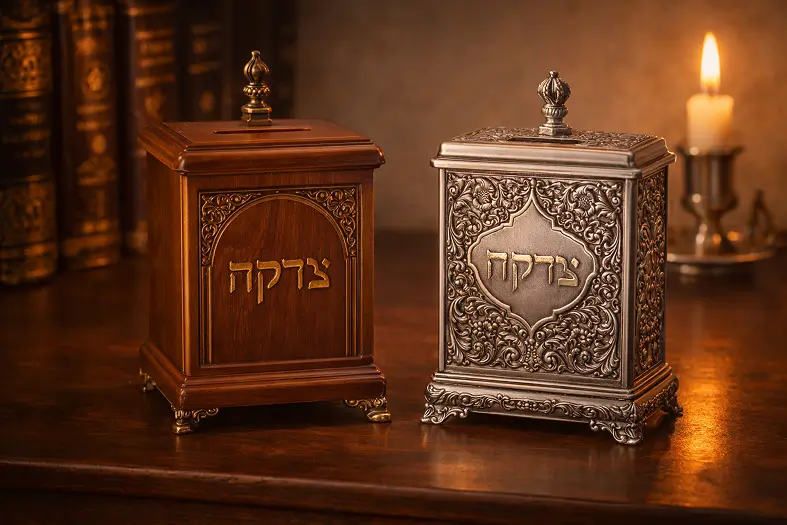


We are commanded to give charity (tzedakah) to the poor and needy, supporting them according to their needs and our ability.
This mitzvah commands the Jewish people to give tzedakah—charity rooted not in generosity alone but in justice and obligation. The Torah establishes care for the poor as a covenantal responsibility, ensuring that material blessing becomes a channel for kindness rather than self-indulgence. Through tzedakah, the Jew imitates the ways of Hashem, Who sustains all creation with mercy. Giving charity refines the soul, strengthens community, and affirms that wealth is entrusted to man as a means of serving Divine purpose.
Rambam
Sefer HaChinuch
Rashi
Ramban
Talmud
Midrash & Chazal
Acharonim & Modern Torah Giants
Chassidic & Mussar Classics
Contrast with Mitzvah 251 — Not to Withhold Charity
Parallel to Mitzvah 526 — Lending to the Poor
Recognizing Wealth as a Divine Trust
Preserving Human Dignity
Building Compassionate Communities
Imitating Divine Kindness
Strengthening Emunah Through Giving
Refining the Soul and Uprooting Cruelty
Restoring Moral Balance in Society
Transforming Material Wealth into Eternal Merit
Creating a Culture of Responsibility


Represents Emunah—the deep, inner trust in Hashem’s presence, oneness, and constant involvement in our lives. This badge symbolizes a heartfelt connection to G-d, rooted in belief even when we cannot see. It is the emotional and spiritual core of many mitzvot.
Empathy in motion — responding to another’s pain with sensitivity, patience, and understanding. Whereas chesed gives broadly, rachamim responds gently, tailoring care to a person’s emotional or spiritual needs.
Mitzvot that uphold fairness, honesty, and moral responsibility. Justice is kindness structured — ensuring that society reflects G-d’s order through truth, equity, and accountability.
Acts of generous giving that extend beyond obligation — offering help, support, or goodness simply because another person exists. Chesed is proactive, abundant care that heals the world through open-hearted action.
Mitzvot that strengthen communal life — showing up, participating, supporting, and belonging. Community is where holiness is shared, prayers are multiplied, and responsibility becomes collective.
Practices that cultivate inner modesty and self-awareness. These mitzvot teach us to step back from ego, create space for others, and recognize our place before G-d.
Mitzvot that govern ethical behavior, kindness, justice, and responsibility in human relationships. These actions build trust, dignity, and peace between people.

Dive into mitzvos, prayer, and Torah study—each section curated to help you learn, reflect, and live with intention. New insights are added regularly, creating an evolving space for spiritual growth.

Explore the 613 mitzvos and uncover the meaning behind each one. Discover practical ways to integrate them into your daily life with insights, sources, and guided reflection.

Learn the structure, depth, and spiritual intent behind Jewish prayer. Dive into morning blessings, Shema, Amidah, and more—with tools to enrich your daily connection.

Each week’s parsha offers timeless wisdom and modern relevance. Explore summaries, key themes, and mitzvah connections to deepen your understanding of the Torah cycle.